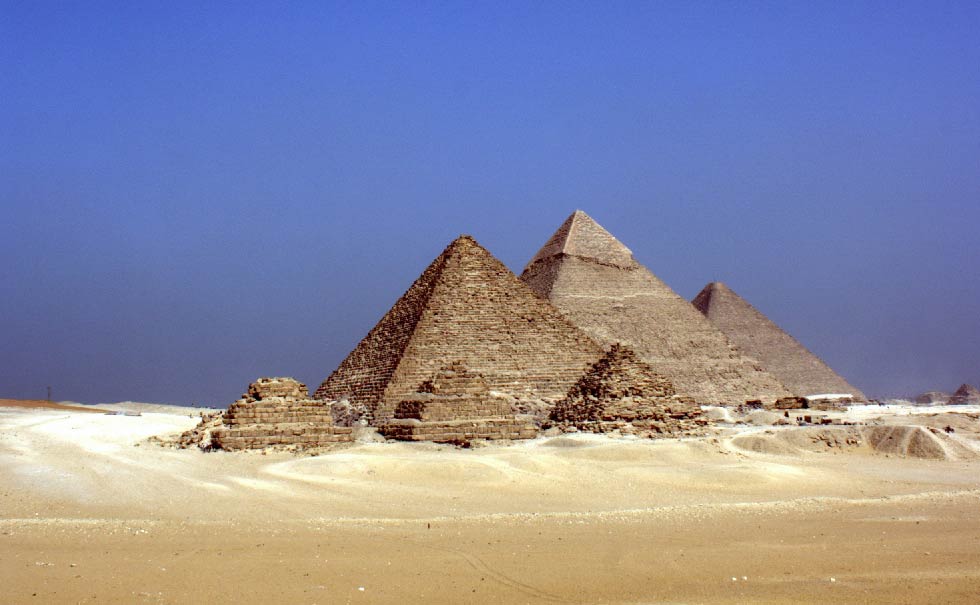Parshat Vayigash
“I am Yosef…” [1]
This powerful statement ends the enormous climatic tensions building over our last few Parshiot and the sudden revelation that all the events from: accusations, false imprisonments, fear of death and starvation, as well as the complex power play between Egypt and the descendants of Yaakov have all transpired because Yosef desired that they occur.
Simultaneously this happens at the moment of fulfilment of the original prophecy that caused the brothers to turn against him and lower him to the pit and subsequently sell him into slavery in the first place.
Rather than being furious with his brothers for their treachery and for selling him into slavery, Yosef was able to discern that all that had befallen him was from Hashem and a required step in the steps needed for His plan – many of us, using the power of retrospection would be able to pinpoint a particularly difficult moment in our lives and understand that it was a necessary element of becoming who we are[2]:
“I am your brother, Joseph, whom you sold into Egypt.
And now do not be distressed, or angry with yourselves, because you sold me here; for God sent me before you to preserve life…
God sent me before you to preserve for you a remnant on earth, and to keep alive for you many survivors: Thus, it was not you who sent me here, but God.”
Yosef, instead of focusing on his own pain of his personal experience, is instead concerned with his brother’s feeling of guilt and shame at the situation and instead reminds them that all that has transpired has been for the sake of a higher plan and ultimate good.
The statement of “I am Yosef” – is profound because of its inherent simplicity:
Although many believe that[3] “A rose by any other name would smell as sweet”, the Torah has a radically different approach to names, in the Torah narrative Adam was tasked with naming the living beings brought to him[4] in the Garden of Eden.
Rabbeinu Bachya[5] on these verses[6] explains that:
“With his superior intellect, every name that he chose, together with the combination of its letters, defined the nature and characteristic of that creature…” – he proceeds to give several examples including spiritual lessons drawn from animals such as the Lion and Donkey which have symbolic meanings in terms of metaphorical imagery.
The famous Kabbalist Arizal[7] writes that the nature and behaviour of a person, whether good or bad, can be found by analysing his name. Even the numerical value (known as Gematria) of the name’s letters in (Hebrew) can be an indication of the character and personality traits of an individual.
The Talmud[8] relates the powerful story of the sages who entered the Pardes (a mystical experience of the Torah) and story of Elisha Ben Abuya[9] (one of the sage who entered this state) who later became an Apikores (denier of the fundamental truth of the Torah).
In several of the stories and examples of dialogue between him and the sages who urge him to return to Torah observance and repenting he answers that in the higher worlds he heard[10]:
“A Divine Voice went forth saying: “Return, rebellious children” (Jeremiah 3:22), apart from Aḥer.
The next stage of the story develops this further:
Upon hearing this (Divine Voice), Elisha ben Avuya said: Since that man (meaning himself), has been banished from that world, let him go out and enjoy this world:
Aḥer went astray – He went and found a courtesan and (attempted) solicited her.
She said to him: Are you not Elisha ben Avuya? (Shall a person of your great stature, a major Torah Scholar sin in this way?) He uprooted a radish from a patch on Shabbat and gave it to her, (to demonstrate that he no longer observed the Torah).
The woman said: He is “other” – (meaning He is not the same Elisha ben Avuya, he is (now) Aḥer)”
The fascinating Sugya in the Talmud continues with many other examples; however, the resounding question in this Sugya is why Teshuva (repentance) was withheld from the Sage in the heavenly voice?
One possible answer is that he had stopped being associated with his true self indicated by his actual name, he had become through his wrongful actions “Aher” or another, meaning that he now identified as someone else – although Teshuva was prohibited for Aher, the path back to Hashem and righteousness remained open for Rabbi Elisha ben Avuya – provided of course he identified with himself as a righteous person capable of incredible acts, rather than a wicked person involved in sins and actions beneath their level.
When we are called up to the Torah we use our Hebrew names, we also have in many Siddurim (prayer books) a prayer within the Amidah for repentance with an addition passage to recall our name, similar additions also appear in prayers for health and for sustenance that also require us to mention our Hebrew name:
Yosef, despite his time in Egyptian prison, being viceroy and operating under the Egyptian name of Zaphenath-paneah, he never forgot his true Israelite identity and that Hashem was always guiding the hand of history and his own personal journey.
Shabbat Shalom.
Rabbi Jonathan Goldschmidt 2023 ©
[1] Bereshit/Genisis 45:3
[2] Bereshit/Genisis 45:4-8
[3] Shakespeare, Romeo and Juliet, (1597): Act 2 Scene 2
[4] Bereshit/Genisis 2:19-20
[5] Rabbi Bahay ben Asher ibn Halawa, a biblical commentator who lived in Spain (1255–1340).
[6] Bereshit/Genisis 2:19-20
[7] Rabbi Isaac Luria, a teacher of Kabbalah and author of the Etz Chaim (Tree of life) who lived in Safed (1534-1572)
[8] Talmud Chagigah 14b-15b
[9] Elisha ben Abuya was a Tanna (sage of the Mishnah) who lived around c.110 – c.135 CE, he was the son of a wealthy merchant and a student of Rabbi Akiva.
[10] Talmud – Chagigah 14b-15b




